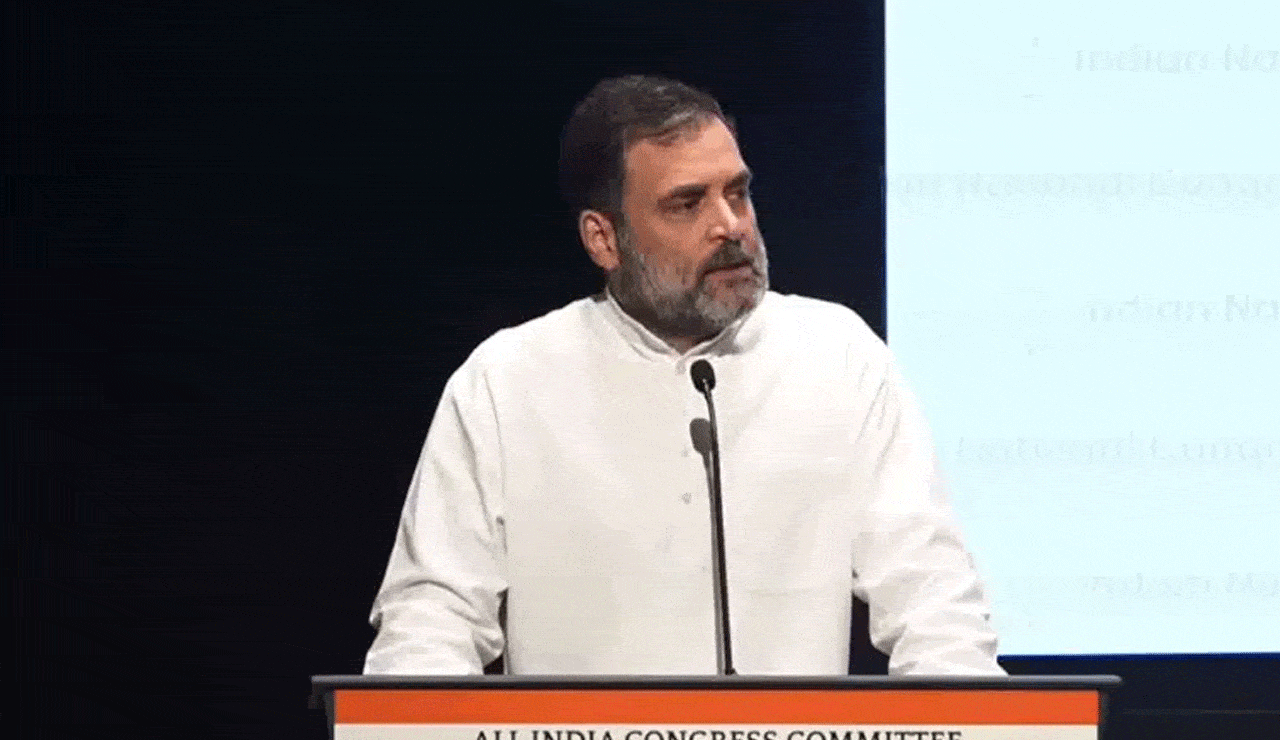Allahabad HC to pronounce verdict on Rahul Gandhi’s plea in Sikh remarks case today
The Allahabad High Court will deliver its verdict on Congress leader Rahul Gandhi's petition, challenging a Varanasi court's order against him over his remarks on the Sikh community made during his visit to the US last year, on Friday at 2 p.m.

New Delhi: The Allahabad High Court will deliver its verdict on Congress leader Rahul Gandhi’s petition, challenging a Varanasi court’s order against him over his remarks on the Sikh community made during his visit to the US last year, on Friday at 2 p.m. The High Court had reserved its decision after arguments from all parties concluded on September 3.
Rahul Gandhi had challenged the Varanasi court’s decision in the Allahabad High Court. The High Court also directed the Varanasi court not to proceed further in the matter until it gives judgment. The case originated after one Nageshwar Mishra approached a magistrate’s court in Varanasi seeking an FIR against Gandhi. Mishra alleged that Gandhi, during a visit to the United States in September 2024, made a “provocative statement” questioning whether Sikhs in India feel safe wearing turbans or visiting gurdwaras.
According to Mishra, the statement was inflammatory and capable of disturbing communal harmony. The magistrate court had initially dismissed Mishra’s plea, observing that since the alleged offence took place outside India, sanction from the Central government was necessary before proceeding. However, Mishra challenged the dismissal before the Sessions Court, which set aside the magistrate’s order and directed the lower court to hear the matter afresh.
Also Read: Telangana HC Allows Group-1 Recruitment to Continue, Suspends Earlier Verdict
The Sessions Court held that the magistrate erred in rejecting the plea merely on the ground of the absence of a sanction. Challenging this order, Gandhi approached the Allahabad High Court. His counsel argued that Gandhi’s remarks had been taken out of context. He submitted that Gandhi had not called upon the Sikh community to rise in rebellion or to wage war against the government. “One cannot pick a single sentence from an entire speech to draw such a conclusion.
The speech as a whole must be considered to understand the intent,” the counsel said. On the other hand, counsel for the Uttar Pradesh government contended that Gandhi, as the Leader of the Opposition, occupies a position of responsibility, and his words carry weight both within and outside India. “When he speaks on foreign soil, it is projected as the collective voice of the opposition. His remarks were provocative and divisive,” the state’s counsel submitted.
The controversy arose from Gandhi’s address in the US last year, where he reportedly said that the atmosphere in India was not conducive to Sikhs and that they faced difficulties in practising their faith openly. The High Court, after hearing both sides, reserved its order on the plea.
